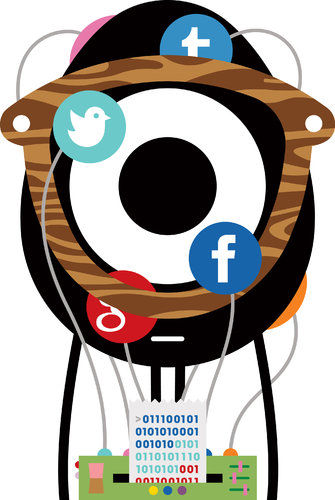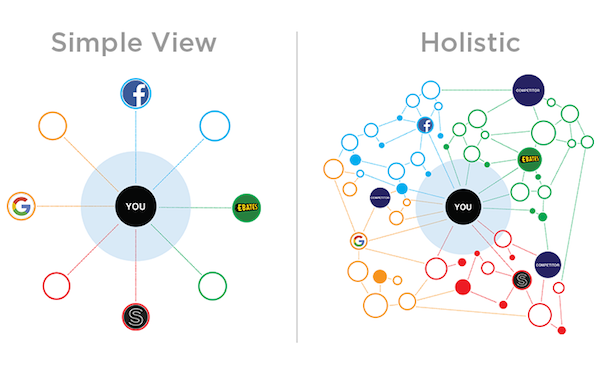Great article in The New York Times this past weekend, Can Social Media Sell Soap?, sheds some light on the war in marketing between the “humanists” of Don Draper’s world and the “quants” of the digital marketing revolution.
The essence of the story: data-driven marketing is incredibly promising, but it is not all-powerful. Those who polarize themselves into one camp or the other, rather than seeking the best of both worlds, find themselves on precarious footing.
Here is an excerpt that I found particularly compelling (emphasis added is my own):
While the rise of search battered the humanists, it also laid a trap that the quants are falling into now. It led to the belief that with enough data, all of advertising could turn into quantifiable science.
This came with a punishing downside. It banished faith from the advertising equation. For generations, Mad Men had thrived on widespread trust that their jingles and slogans altered consumers’ behavior. Thankfully for them, there was little data to prove them wrong.
But in an industry run remorselessly by numbers, the expectations have flipped. Advertising companies now face pressure to deliver statistical evidence of their success. When they come up short, offering anecdotes in place of numbers, the markets punish them. Faith has given way to doubt.
This leads to exasperation, because in a server farm packed with social data, it’s hard to know what to count. What’s the value of a Facebook “like” or a Twitter follower? What do you measure to find out?
In this way, marketing resembles other hot spots of data research, including brain science and genomics. In each one, scientists are combing through petabytes of data, trying to discern whether certain genes or groups of neurons cause something or simply correlate with it. It’s not clear, because these are immensely complex systems with millions of variables — much like our social networks.
Even as researchers swim in data that previous generations would have swooned over, they struggle to answer crucial questions regarding cause and effect. What action can I take to get the response I want?




Scott,
I disagree with one of the ways that the author portrays us “quant” types. I think quant advertisers do most of what Don Draper does (minus the 10:00 am drink), except after we “anticipate the needs and desires of fellow human beings, and answer them with ideas,” we then validate these ideas with data. For example, after someone comes up with catchy landing page copy, we test that the copy is something that our customers relate to. If it is great, if not, we change it.
Jamie
Imagine this scenario:
Don: “Crackers are bad!”
Me: “No… they’re great.”
Don: “But you have six truckloads of crackers! You can’t eat that! Therefore crackers are bad.”
Replace crackers with “tons of data”, and it’s the same thing.
But in regards to social… if I can sell pool pumps on Facebook, soap shouldn’t be that hard. 😉
Fun metaphor!
I think the danger would be is if you then said, “And those six truckloads of crackers are the key to world peace.” 🙂
Scott
Jamie — I couldn’t agree more with you on the power of “hypothesize, test, and validate (or falsify) with data” loop. I think the stretch would be thinking that we didn’t need humans in the hypothesis stage of that loop because hypotheses could be automatically induced from all our existing data and a comprehensive model of how that governs customer behavior.